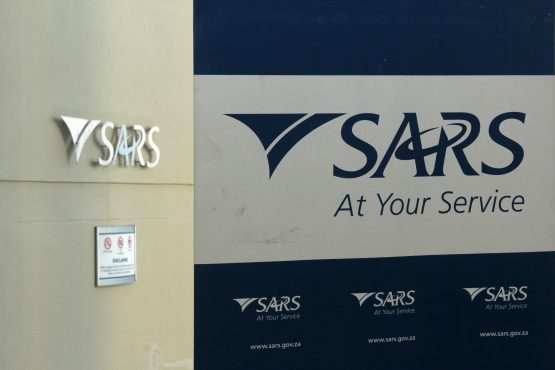On Tuesday, the South African Revenue Service (SARS) announced a crackdown on cryptocurrency tax evaders, mandating all individuals and businesses involved in digital asset trading register with the tax authority.
In an interview with Bloomberg, SARS Commissioner Edward Kieswetter emphasised the legal obligation for crypto traders to disclose their activities.
“We’ve invited taxpayers, exchanges, and other intermediaries to register, because now, if you don’t register, you’re breaking the law,” he stated. “Once they have registered, we now have knowledge of their existence, and we can begin to track their business activities.”
Read also: South Africa Crypto Regulations: Travel rule compliance to begin in April 2025
Strengthening crypto tax compliance
South Africa has emerged as one of the continent’s leading cryptocurrency markets, with increased adoption among retail and institutional investors. However, regulatory oversight has struggled to keep pace with the industry’s rapid growth.
Under South Africa’s Income Tax Act, cryptocurrencies are classified as taxable assets rather than legal tender. This means capital gains from crypto investments, mining income, and trading profits are all subject to taxation.
SARS has been working closely with financial institutions and cryptocurrency exchanges to track transactions and identify tax evaders, leveraging digital forensics and data analytics.
The Financial Sector Conduct Authority (FSCA) recently designated cryptocurrencies as financial products, bringing them under stricter regulatory scrutiny. This aligns with global efforts to increase transparency and compliance within the digital asset space. Tax authorities worldwide, including the U.S. Internal Revenue Service (IRS) and the U.K.’s HM Revenue & Customs (HMRC), have intensified scrutiny on crypto transactions.
Read also: North Carolina considers adding cryptocurrency to state retirement funds
Legal consequences for non-compliance
Failure to comply with tax regulations in South Africa can result in severe penalties, including fines and potential criminal prosecution. SARS has warned that those who fail to declare crypto earnings will face legal action.
As the government tightens its regulation on the sector, crypto investors and businesses are urged to ensure full compliance with tax laws. “Our goal is to ensure that everyone pays their fair share,” Kieswetter said. “We are committed to closing loopholes that allow tax evasion in the digital economy.”

